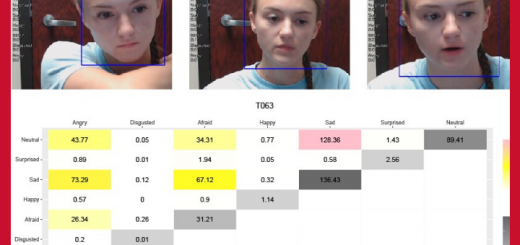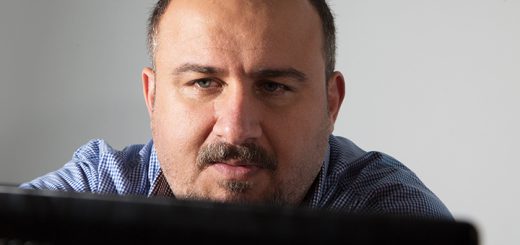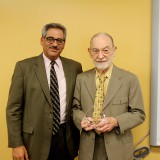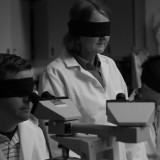Ethics in Science Lecture Series | Welfare, Work, and Witness: Why Clinical Research Can Survive the Death of a Healthy Subject
Speaker: Laura Stark, Ph.D., Vanderbilt University
When: Friday, April 3, 2015 – 12:30 pm to 2:00 pm
Cost: FREE and open to the public
 During the early twentieth century, medical researchers rarely experimented on healthy human beings who had no debt to the state. By the end of the century, millions of healthy people with full civil rights enrolled in medical experiments each year. This talk explains how serving as a “normal control” became the norm and sustained American medicine in the postwar decades—to the extent that the death of a human subject could be managed administratively as a “routine tragedy.” Using the case of the US National Institutes of Health’s Clinical Center, the talk argues that this shift was made possible through a series of unprecedented relationships between American colleges, church organizations, and government agencies in the decades following World War II.
During the early twentieth century, medical researchers rarely experimented on healthy human beings who had no debt to the state. By the end of the century, millions of healthy people with full civil rights enrolled in medical experiments each year. This talk explains how serving as a “normal control” became the norm and sustained American medicine in the postwar decades—to the extent that the death of a human subject could be managed administratively as a “routine tragedy.” Using the case of the US National Institutes of Health’s Clinical Center, the talk argues that this shift was made possible through a series of unprecedented relationships between American colleges, church organizations, and government agencies in the decades following World War II.
The story follows the everyday lives of religious service workers, unemployed laborers, and college students who lived inside the Clinical Center for months and sometimes years while they served as research material (and also looked for work, witnessed the life of Jesus, and earned college credit). The book draws on a new vernacular archive that includes three types of materials: oral history interviews that Stark completed with nearly one hundred former normal patients; ephemera from interviewees’ time at the Clinical Center (including correspondence, photographs, and keepsakes) donated to Stark’s project; and NIH’s medical records of the studies that former participants released to Stark at the time of their interview. The project also brings together for the first time materials from established historical collections of the US government and of dozens of church organizations and colleges that send young people to NIH. By taking seriously the pillow fights and the first kisses, the bible clubs and the movie nights, that animated the NIH clinic as much as the medical experiments, the project suggests how scholars might refigure settings conventionally understood in exclusively medical terms.
About Professor Stark: Laura Stark is Assistant Professor at Vanderbilt University’s Center for Medicine, Health, and Society, and Associate Editor of the journal History & Theory.
She is author of Behind Closed Doors: IRBs and the Making of Ethical Research, which was published in 2012 by University of Chicago Press. She is also author of several articles and chapters on science, the state and social theory. Her current research explores research settings through the lives of “normal control” research subjects enrolled in the first clinical trials at the US National Institutes of Health after World War II. Laura received her Ph.D. in Sociology from Princeton University in 2006; was a Postdoctoral Fellow in Science in Human Culture at Northwestern University from 2006 to 2008; and held a Stetten Fellowship at the Office of NIH History at the National Institutes of Health from 2008 to 2009.
More information about the Ethics in Science Lecture Series can be found on their website.














